“A dinner where all courses are cakes! But they are so satisfyingly different!”
– says the teaser of Müpa about this online broadcasted concert without a physical audience which will bring us three beautiful concertos.
Classical concertos usually start with an ouverture or short symphonic piece, then there is the main concerto piece, and then after the break there is a huge symphony or symphonic poem. However, organisers of the Tuesday concert decided to put the concerto pieces in the spotlight – and them all alone –, and they asked two of the most occupied Hungarian contemporary instrument players to join. Kristóf Baráti and Dénes Várjon will play solos from two respective Mozart concertos, then they play a Mendelssohn piece together. They will be accompanied by the Concerto Budapest.

The first element of the programme is the Violin Concerto No. 3 in G major by Mozart. The lovely piece with brilliant melodies was written, just like all other violin concertos, in 1775 when the composer was only 19. He was concertmaster for the Salzburg court and wrote one masterpiece after the other. He borrowed the first movement of this piece from an aria of his recently finished opera Il ré pastore, but there are also dance melodies in it, just like bright and cheerful musical dialogues. Kristóf Baráti, the soloist, will play with his usual crystal clear virtuosity and a deeply reflected, poetic, emotional expressive power.
Then Dénes Várjon will come who is famous for his intellectual yet sensitive and intimate presentation. His solo piece will be Piano Concerto No. 24 in C minor by Mozart. This was born at the same time with The Marriage of Figaro, also coming after each other in the Köchel catalogue. However, they are totally different: the opera was written in major whereas the piano concerto is one of the few Mozart works in minor (there are only 2 among the 23!). Music historian Robert D. Levin argues that the piano concerto was meant for Mozart to put his ‘darker energies’ into this serious, passionate, tragic-sounding one – anything he could not put in the comic opera.
This Mozart concerto was written on the biggest orchestra: the piano is accompanied by violinists, woodwind instruments, French horns, trumpets and timpanis. It was Mozart himself who played and conducted the piece, and he most probably improvised most of the solos, because these parts are underdeveloped in the manuscript.
The Piano Concerto No. 24 in C minor is considered as one of the best Mozart concertos. Beethoven allegedly said about it to a fellow composer: “we won’t ever be able to write such a thing”. However, he still felt inspired to write his own C minor piano concerto. Brahms was also a fan of Mozart’s concerto and wrote an own cadence to that.
Do you think Mozart was quite young when he wrote the violin concertos? Well, then hear the fascinating story of the Mendelssohn piece! The Concerto for Piano, Violin, and Orchestra in D minor was written by a 14-year-old composer. Its premiere happened during a home concert at his family home, with him and his teachers as soloists. Then Mendelssohn reworked it: he added the woodwind instruments and a timpani, which was performed in the Berlin Schauspielhaus in June 1823. It was not published during Mendelssohn’s life and went forgotten by posterity until a critical edition came out of the press in 1999.
The two soloists play this concerto together. To quote the teaser,
“…although Várjon and Baráti are separated in age by 14 years, when they perform music together, they sound like they were born on the same day. What they share are a wise maturity and clarity in their playing and a fundamentally intellectual approach that views instrumental virtuosity as a critical means to express the emotions and passion of the music rather than an end for its own sake.”
The entry is free in the Müpa virtual concert hall.
Article: Zsuzsanna Deák
Translation: Zsófia Hacsek

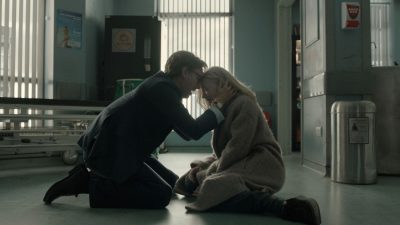

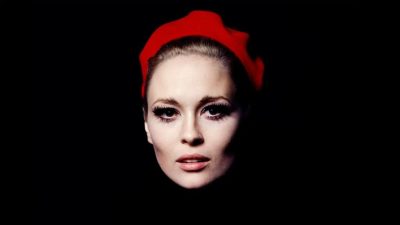

















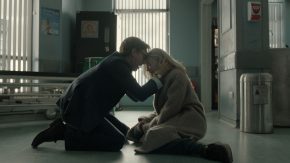

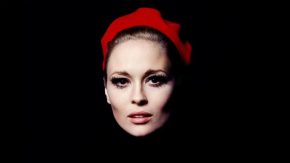
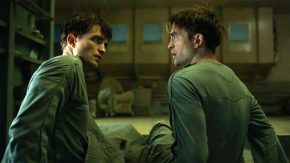
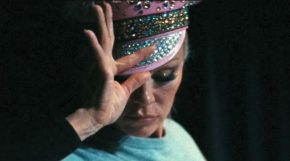
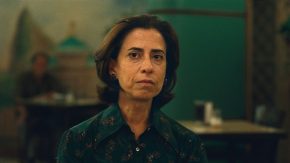
Comments